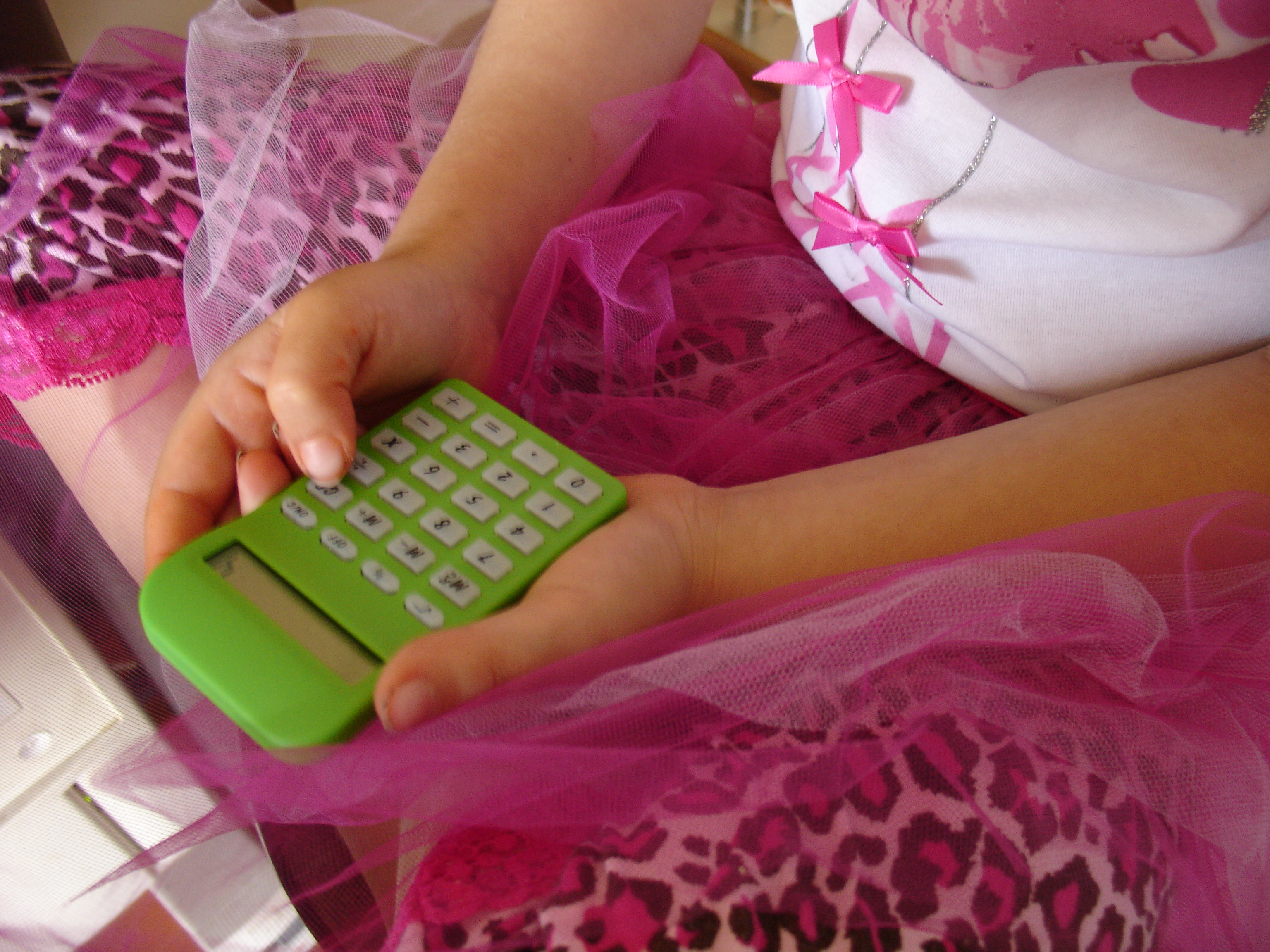
27 Mar What to do with a tax refund
Photo: kakisky/morguefile.comQ. I have two kids who will be going to college in a few years. I just received a $7,000 tax refund. I haven’t saved much for college, and I’m thinking this could be a good idea. How do I decide, and where would I put the money for college, if that’s what I do?
A. Before you commit your tax refund to college education funding, you should look at the rest of your financial situation.
First, if you have any outstanding high interest credit card debt, consider using your newfound cash to pay it off before you do anything else, said Marnie Aznar, a certified financial planner with Aznar Financial Advisors in Morris Plains.
If your debt is paid off, you should make sure to fund an emergency fund, which is a stash of cash that is available in the event that someone loses a job, a medical emergency occurs, a furnace dies, or something else unexpected comes up, Aznar said.
“Typically, it is a good idea to maintain a minimum of three months of living expenses in cash for this purpose,” Aznat said. “Ideally, you will keep the funds in a separate account from your regular `operating expense’ checking account so that they don’t disappear on you which does unfortunately tend to happen if you don’t keep the funds separate.”
Next, Aznar said, you should be contributing as much as you can to your employer sponsored 401(k) plan, if you have one available to you. This will allow you to set aside money (typically on a pre-tax basis) for your own retirement, she said. If your employer offers a company match, it is imperative to at least contribute enough to get the full company match, she said.
You said your kids are going to college “in a few years,” which means you have a short-term time horizon. So if your debt, emergency fund and retirement savings are in good shape, consider putting your tax refund in a high-yield savings account for college rather than the stock market, Aznar ssaid.
Finally, you need to review why you received a large tax refund in the first place.
“Although people love the idea of getting a large tax refund, it is actually much wiser financially to have that money in your pocket every month — or however often you get paid — than to let the IRS or state of New Jersey have an interest-free loan on your money,” Aznar said.
If you get paid on a monthly basis, you should actually be netting about $583 more than you are and keeping that money in your pocket, ideally setting it aside for savings if possible, she said.
“You can adjust the level of withholding being taken out of your pay by changing the number of allowances that you are claiming on your pay stub,” Aznar said. “When you increase the number of allowances claimed on your W-4 form, the amount of tax withheld will be reduced.”
You can figure out what you should be claiming by using the online calculator available through the IRS web site.
Email your questions to Ask@NJMoneyHelp.com.
This post first appeared in March 2015.
NJMoneyHelp.com presents certain general financial planning principles and advice, but should never be viewed as a substitute for obtaining advice from a personal professional advisor who understands your unique individual circumstances.
